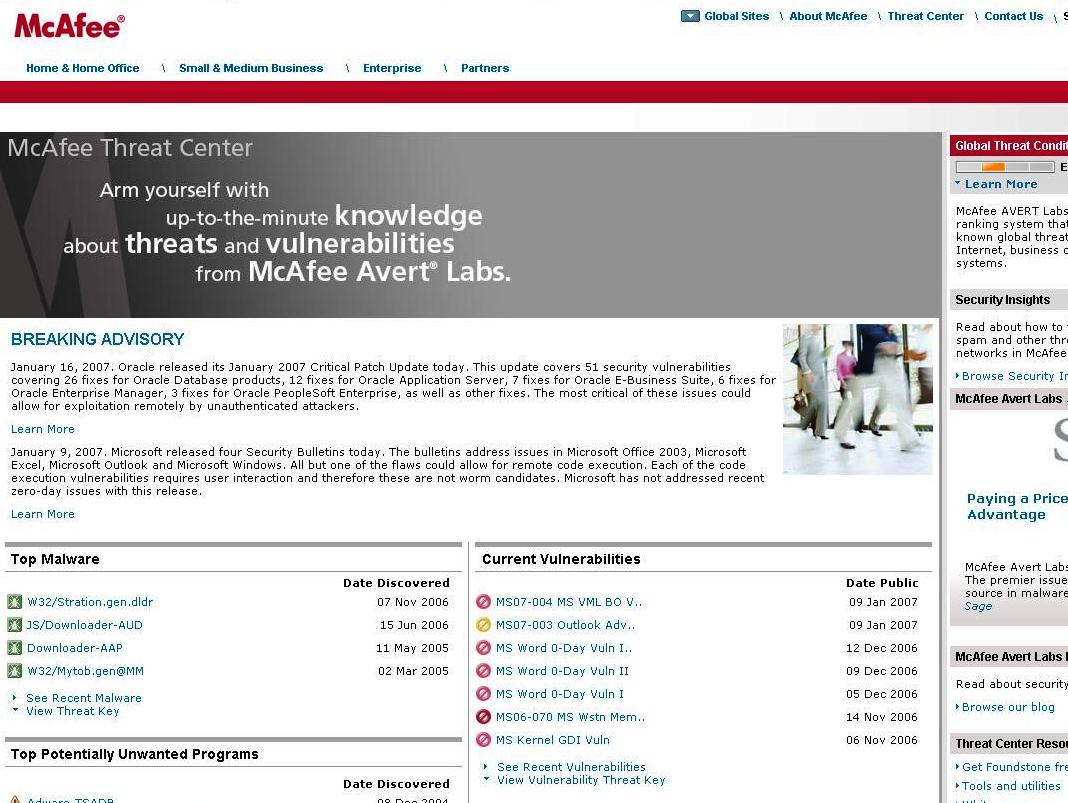McAfee: 'ID theft attempts increasing'
Use of keyloggers up 250 per cent

Phishing attacks and online attempts to steal people's identity are becoming more and more common, computer security firm McAfee has found.
In the past two years, warnings of phishing attacks have multiplied 100-fold, according to McAfee.
McAfee also found that the use of key-logging software, which records information about what keys a user presses to use later in identity theft, increased by 250 per cent since 2004. Using the logged details, a 'cyber mugger' can impersonate a user and carry out online transactions as if they were someone else.
"Identity theft is a global phenomenon that threatens all of us, which means we all need to become more aware, more vigilant and less trusting, to protect ourselves," said Jeff Green, senior vice president of McAfee Avert Labs.
"By learning where we are vulnerable, and how and why criminals engage in identity theft, we can then take the necessary precautions to avoid being victimised," he said.
Tips on how to stay safe
McAfee listed a number of tactics for keeping yourself safe online . Examples of carelessness include selling or throwing out computers without erasing the hard drive (handing vital personal information out to potential ID thieves), and casual sharing of email addresses (such as chain- or forwarded email). The list also mentions bin raiding, where bank statements and other sensitive personal details that may have been thrown out are retrieved for fraudulent use.
McAfee said that to avoid phishing scams users should not click onto links within emails to banking or other sites. Manually typing URLs into a web browser makes it easier to avoid going to a site which has a spoof address.
Get daily insight, inspiration and deals in your inbox
Sign up for breaking news, reviews, opinion, top tech deals, and more.
The security company added that users should use caution when using instant messaging software and when opening email attachments.
For more information on how to stay safe online, please check our identity theft feature .